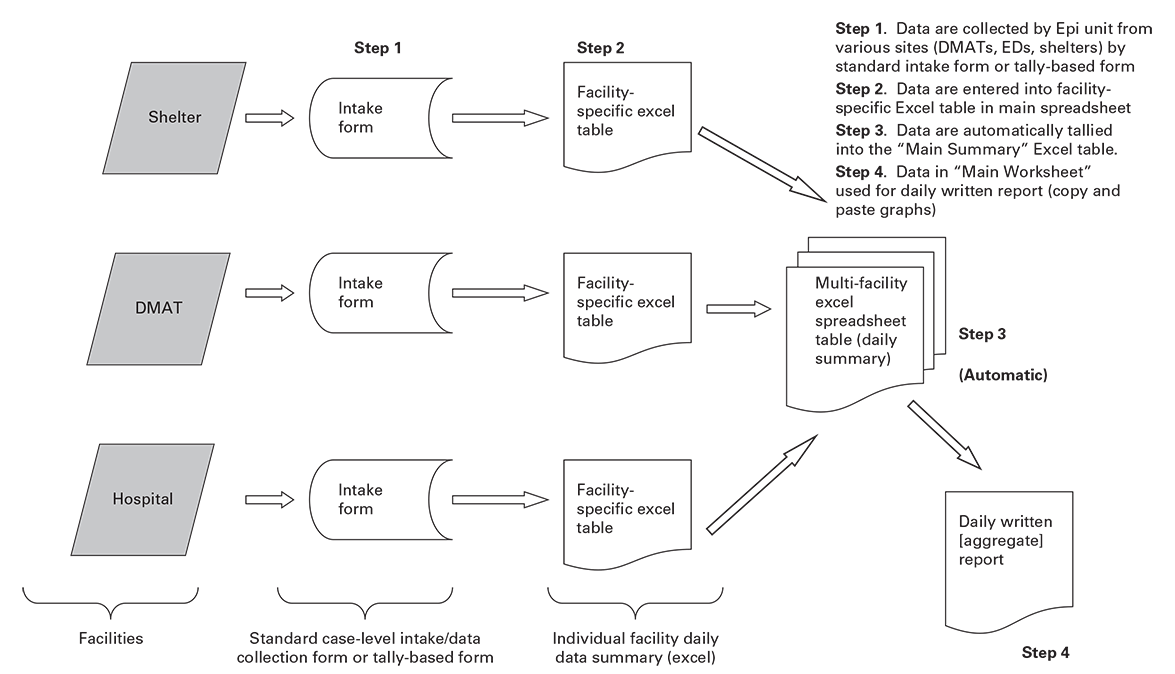
Epidemic Preparedness Training: Building Resilient Healthcare Systems
Epidemic preparedness is a critical aspect of healthcare systems worldwide. Training programs play a pivotal role in equipping healthcare professionals with the knowledge and skills necessary to respond effectively to emerging health threats.
1. The Importance of Preparedness Training
Epidemics can strain healthcare systems, making preparedness training essential. These programs empower healthcare professionals to recognize, manage, and mitigate the impact of infectious diseases. By understanding the principles of epidemic response, professionals are better equipped to safeguard communities.
2. Targeted Training for Various Professions
Effective epidemic response requires a multidisciplinary approach. Preparedness training programs cater to diverse healthcare professions, including doctors, nurses, public health officials, and support staff. Tailoring training to the specific needs of each profession ensures a comprehensive and coordinated response.
3. Simulation Exercises for Real-World Readiness
Simulations are a key component of preparedness training. These exercises replicate real-world scenarios, allowing participants to apply theoretical knowledge in a controlled environment. Simulation training enhances decision-making skills, communication, and teamwork—crucial elements in managing epidemics.
4. Risk Communication Strategies
Communication is a linchpin in epidemic response. Training programs focus on effective risk communication strategies to relay information accurately and transparently to the public. Well-informed communities are more likely to adhere to preventive measures, fostering a collective effort in epidemic control.
5. Infection Prevention and Control
Understanding and implementing robust infection prevention and control measures are central to epidemic preparedness. Training programs emphasize proper protocols for personal protective equipment (PPE), hand hygiene, and environmental disinfection. Adhering to these measures minimizes the risk of healthcare-associated infections.
6. Community Engagement and Education
Preparedness extends beyond healthcare facilities to community engagement. Training programs emphasize the importance of engaging communities, raising awareness, and fostering cooperation. Educated communities are active partners in epidemic control, contributing to early detection and adherence to preventive measures.
7. Coordination and Collaboration Skills
Epidemic response often involves collaboration among various entities. Training programs hone coordination and collaboration skills, ensuring seamless communication between healthcare institutions, government agencies, and non-governmental organizations. Coordinated efforts maximize the impact of epidemic response strategies.
8. Utilizing Technology in Training
Technology plays a vital role in preparedness training. Virtual reality, online courses, and interactive platforms enhance accessibility and engagement. Incorporating technology allows healthcare professionals to stay updated on the latest protocols and best practices, fostering a culture of continuous learning.
For the latest insights on Epidemic Preparedness Training Programs, visit healthcares.my.id and stay informed about innovative training approaches. These programs not only strengthen individual skills but also contribute to building resilient healthcare systems that can effectively navigate the complexities of epidemic scenarios.













